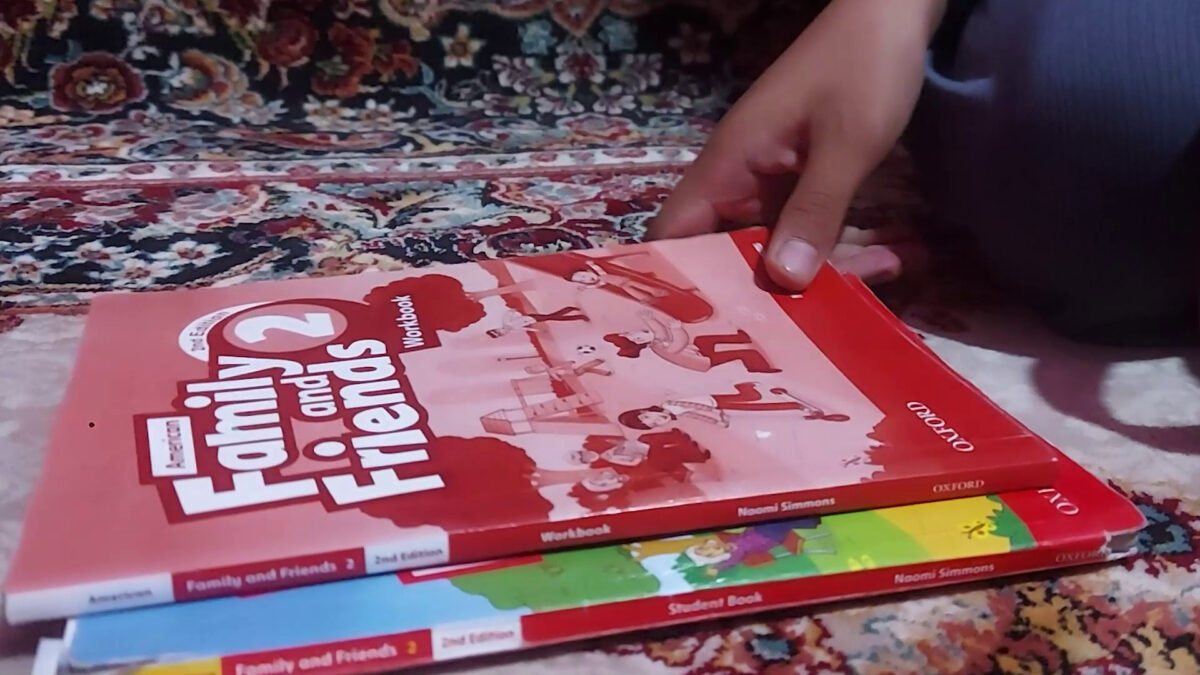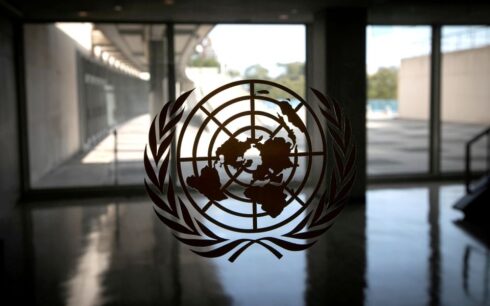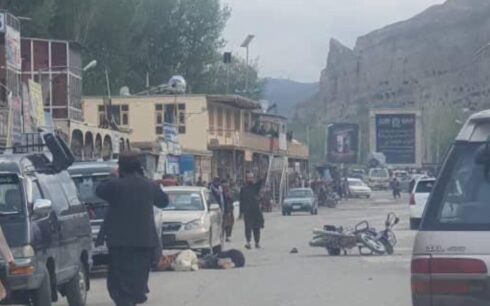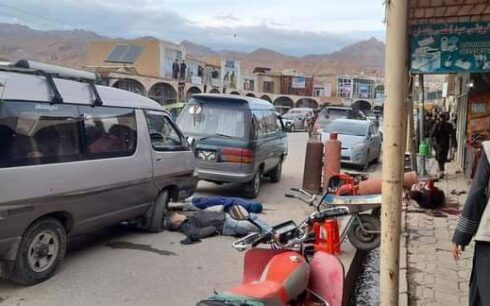Recent closure of education centers for female students in Herat province has drawn criticism from girls, who are now calling for the immediate reopening of these institutions.
The girls argue that the shuttering of educational facilities is the latest blow from the Taliban, crushing their aspirations for a better future.
One of the affected students revealed that, after being barred from attending school by the Taliban, she faced numerous challenges while trying to learn English in educational centers. Now, even this opportunity has been taken away from her.
Saleha, among the many girls residing in a corner of Herat province, deprived of school and educational centers, has resorted to learning English at home. She emphasized that the Taliban’s restrictions have led her and her peers to grapple with severe psychological problems.
“Since the closure of schools, half of the Afghan girls, especially those in Herat, whom I know, have faced mental health issues. They’ve been depressed, subjected to forced marriages, and witnessed the breakdown of families. If this continues, and schools remain closed, Afghan women will face destruction,” she stated.
Facing a lack of options for continuing her education, Saleha’s plight is emblematic of the broader situation for girls across Afghanistan.
“I appeal to the international community to support the education of Afghan women. They have immense potential, deserving the opportunity to study, become teachers, doctors, engineers, lawyers, and civic activists to contribute to their communities,” she urged.
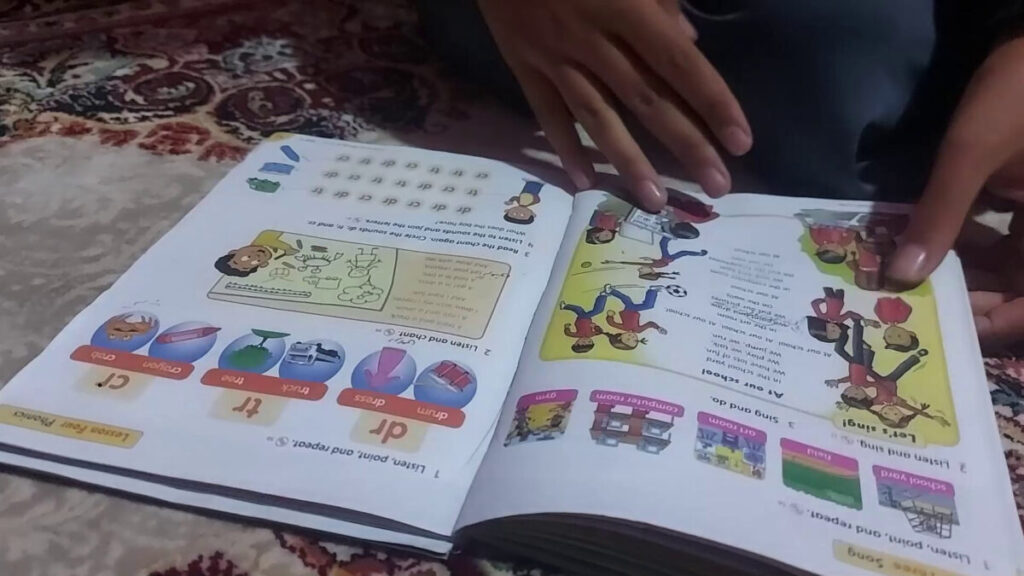
The recent decision by the Taliban to close educational centers for women and girls in Herat has triggered widespread reactions.
Zakaria Rahimi, the former head of education in Herat, expressed concern, stating, “Unfortunately, the restrictions imposed by the ruling system could plunge our new and young generation into absolute darkness. The continuation of this situation is so perilous that it may become irreparable.”
The spokesperson for the governor of Herat in the previous government, Jailani Farhad, condemned the blocking of language and computer training centers, describing these actions as part of the Taliban’s broader strategy to deprive the youth of knowledge.
Advocates for the right to education are urging the international community to intervene against the Taliban’s restrictive policies targeting women and girls.

Maryam Karimi, an activist for the right to education, warned, “The perpetuation of this situation will result in Afghanistan becoming a society with zero literacy. When sisters and mothers are not literate, households will crumble.”
For Saleha, her only solace now lies in sitting in the corner of her house and watching educational programs. The dream of going to school and university has become an unattainable aspiration, even in her dreams.

